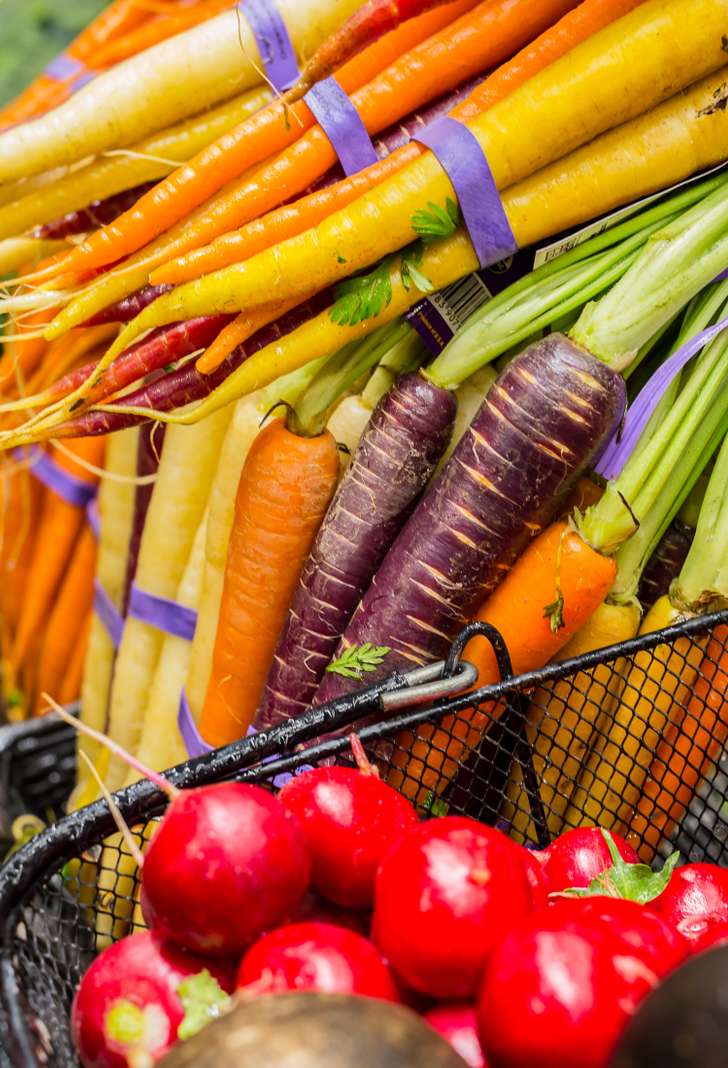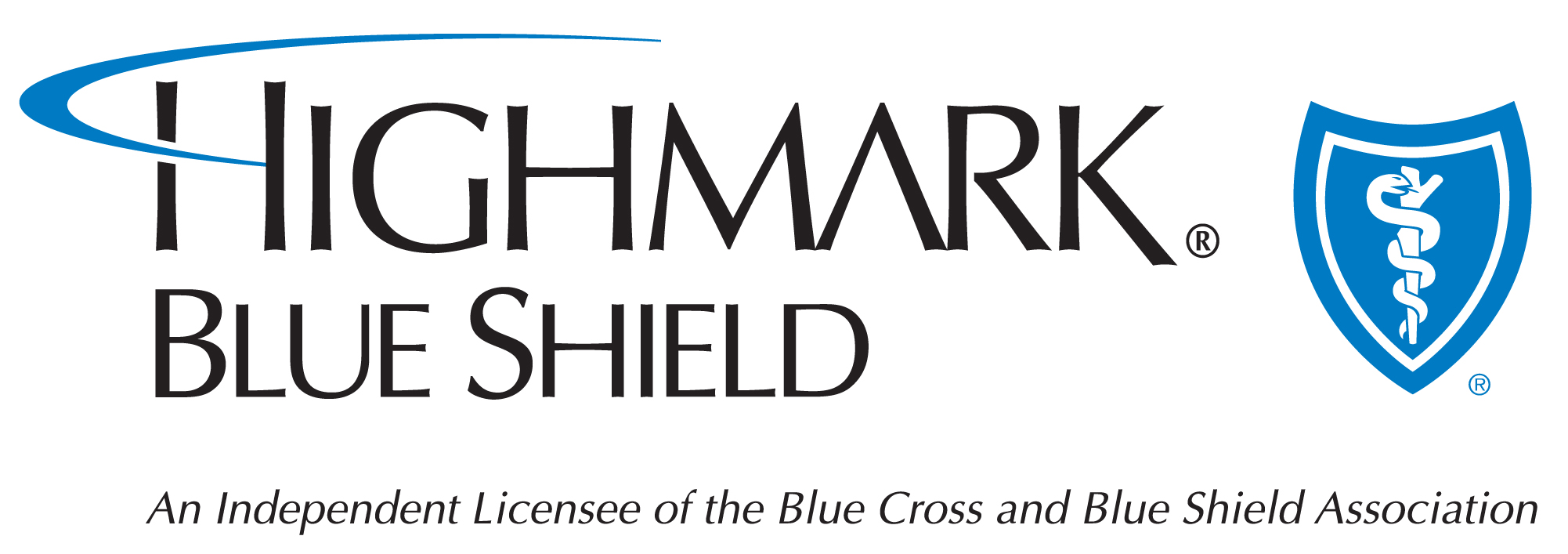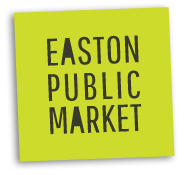325 Northampton St., Easton Pa
Farmstand FAQ’s
Highmark® Blue Shield Farmstand
Growing roots in our own backyard
Mission
To provide all members of our diverse community with year round access to a wide variety of responsibly cultivated food. The Highmark Blue Shield Farmstand, as an integral part of Easton’s downtown Market District, works to strengthen our region’s food economy in the following ways:
- placing a strong emphasis on sourcing products from within a 50 mile radius
- working directly with small regional growers
- expanding the availability of farm fresh produce in a low-access urban area
- connecting the public with growers, educators, and culinary professionals
- educating the public on current issues regarding food, nutrition and health
- engaging in ecologically sound and socially conscious business practices
- offering transparency and fairness in all aspects of our operation
- reducing food waste
Just ask – we love to tell the story of local!!
Q: Who is the Farmstand?
Answer
A: The Farmstand is a project of the Greater Easton Development Partnership, the non-profit group that oversees the Easton Public Market and Easton Farmers’ Market. The first of its kind in the Lehigh Valley, it features a diverse array of affordable, nutritious, responsibly grown, primarily local produce, grains, and dairy year round, driven by an ethos of social awareness and environmental responsibility. The Farmstand sees development of a sustainable local food economy as crucial to building a resilient, fair, and culturally rich community.
Q: Why buy local food?
Answer
A: Buying food produced near you impacts the community in the following ways:
- It keeps money local. The 2013 Buy Fresh Buy Local Greater Lehigh Valley Food Economy Report found that if everyevery dollar received by food-related farms in the Lehigh Valley generates on average an additional 45 cents in economic activity household in the Lehigh Valley spent just $10 a year on local food, it would generate almost $100 million in economic activity in our community.
- Field-to-plate, it is more sustainable. Transportation costs are lessened and carbon emissions are reduced. The majority of farms that partner with the Farmstand are either certified organic or chemical- and GMO-free, and work hard to practice agriculture in an ecologically sound way.
- It tastes better! Food that hasn’t traveled hundreds or thousands of miles to reach your plate is fresher and more nutritious.
Q: How do I know where my food comes from?
Answer
A: Ask the Farmstand Staff! Products in the Farmstand are labeled with the farm of origin’s address, their distance from Easton PA and information about their growing practices. Check out the Farm Map in the store for up-to-date sourcing information.
Q: How do my purchases support local farmers?
Answer
A: Many of the farmers who supply the Farmstand focus on direct-to-consumer sales, such as farmers’ markets. By expanding the availability and marketplace for their goods, the Farmstand helps them reach more people, sell more product, and stay in business. This preserves farmland in our region and supports small businesses.
Q: How does the Farmstand think about local?
Answer
A: We understand our role in the local food system as one where we serve to connect otherwise remote players, such as growers and our downtown neighbors. The Farmstand focuses on sourcing from within 50 miles of Easton and seeks to expand the definition of ‘local’ beyond geography to include building trust and furthering possibilities throughout our community.
Q: Why do you source non-local food?
Answer
A: Local sourcing is a priority in order to support and strengthen our local and regional food economy. According to the Lehigh Valley Planning Commission’s comprehensive plan for a livable and sustainable region, the Lehigh Valley has lost 80% of its farms since the 1930s and can only realistically produce food for 24% of the valley’s current population. Additionally, communities in downtown Easton experience critically low-access to fresh produce for home cooking. In order to fulfill a wide range of community needs, the Farmstand extends its sourcing throughout New Jersey, to the Lancaster Farm Fresh Cooperative, Florida citrus growers, and Regional Access for regional dried goods. To bring a well-rounded array of food into our communities, select non-local fruits are also available at the Farmstand. These items, such as bananas and avocados, are always organically grown and, when feasible, fairly traded.
Q: What do you provide during the winter season?
Answer
A: You can expect an abundance of locally grown greenhouse greens as well as storage crops such as apples, pears, garlic, and potatoes. Other cold-hardy vegetable crops such as cabbage, carrots, and beets will be in season. Local eggs, dairy and grain-based products, and locally preserved foods are available year-round.
Q: How do we fulfill our mission to engage and serve vulnerable communities?
Answer
A: The Farmstand ensures that locally produced food is easily accessible to residents within Easton’s Downtown and West Ward–an area presently on the verge of becoming a food desert. The Farmstand accepts Supplemental Nutrition Assistance Program (SNAP) benefits and offers ongoing Double SNAP dollars through a partnership with Buy Fresh Buy Local Greater Lehigh Valley and the USDA. Partnerships with Lafayette College’s LaFarm, Easton’s Urban Farm, the Easton Hunger Coalition, and the West Ward’s network of community gardens help solidify the Farmstand’s role within the community. Through a combination of in-house cooking demonstrations, health and nutrition related teach-ins, and a bounty of educational materials accessible at the Farmstand, we empower the public to better understand the story of our food.

